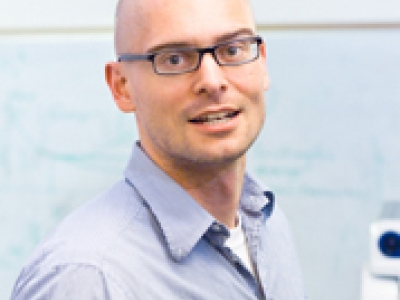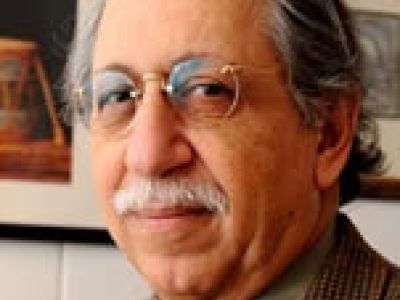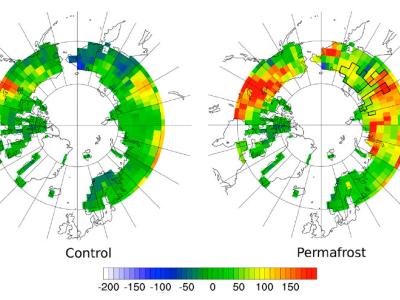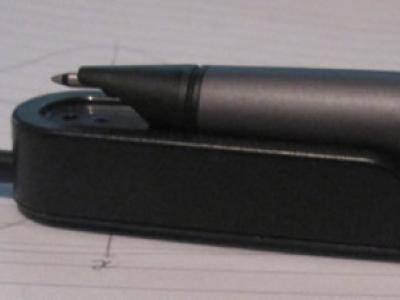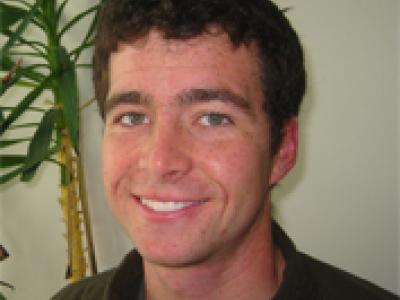UC Berkeley robotics expert named among world’s top young innovators
Pieter Abbeel, a UC Berkeley, professor known for his novel work in the field of machine learning in robotics – including robots that can fold laundry – has been named to a prestigious list of 35 of the world’s top young innovators by Technology Review magazine.

